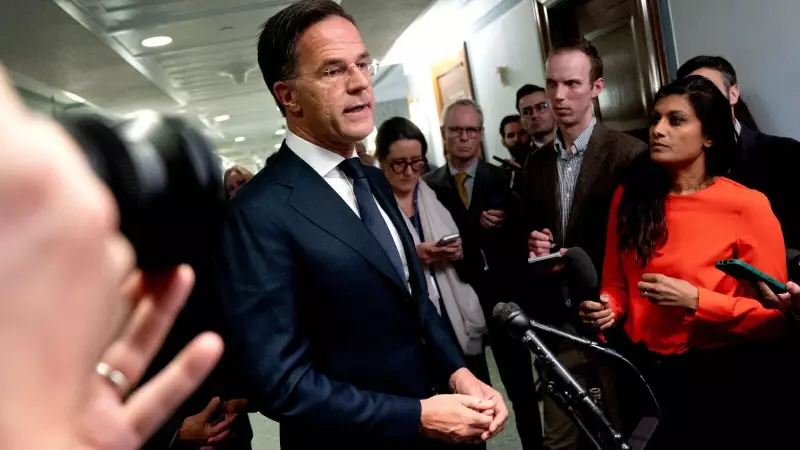
In a remarkable endorsement that has sent shockwaves through diplomatic circles, NATO Secretary-General Mark Rutte has publicly praised former US President Donald Trump's distinctive approach to resolving the ongoing conflict in Ukraine. The outgoing Dutch leader suggested that Trump possesses a unique capability that could potentially break the deadlock in Eastern Europe.
The Unconventional Peacemaker
During his recent statements, Rutte emphasized Trump's unconventional diplomatic style, noting that traditional approaches have thus far failed to produce a sustainable resolution. "Only Trump can get this done," Rutte declared, highlighting the former president's direct engagement methods and willingness to challenge established diplomatic norms.
The NATO chief's comments come at a critical juncture in the Ukraine conflict, as international efforts to broker peace have repeatedly stalled. Rutte's endorsement signals a potential shift in how Western leaders view Trump's role in international conflict resolution.
Breaking Diplomatic Conventions
Rutte pointed to Trump's previous track record of engaging directly with world leaders, including Russian President Vladimir Putin, as evidence of his unique qualifications for the task. The NATO leader suggested that Trump's willingness to operate outside traditional diplomatic channels might be precisely what's needed to achieve breakthrough negotiations.
This endorsement carries significant weight given Rutte's extensive experience in European politics and his upcoming role as NATO's chief. His comments reflect growing frustration with conventional diplomatic approaches to the Ukraine crisis.
International Reactions and Implications
The international community has responded with mixed reactions to Rutte's statements. Some European leaders have expressed concern about endorsing Trump's methods, while others see potential merit in exploring alternative approaches to peace negotiations.
The timing of these comments is particularly noteworthy, coming as several NATO member states reassess their strategies for supporting Ukraine while seeking paths to de-escalation. Rutte's remarks may signal a broader willingness within the alliance to consider unconventional solutions to the protracted conflict.
Looking Ahead: The Path to Peace
As the situation in Ukraine continues to evolve, Rutte's endorsement of Trump's approach raises important questions about the future of international diplomacy. The comments suggest that some Western leaders are increasingly open to non-traditional methods of conflict resolution, particularly when conventional approaches have yielded limited results.
The international community now watches closely to see whether Trump's promised return to the political arena will indeed translate into concrete progress toward ending Europe's most significant military conflict since World War II.





